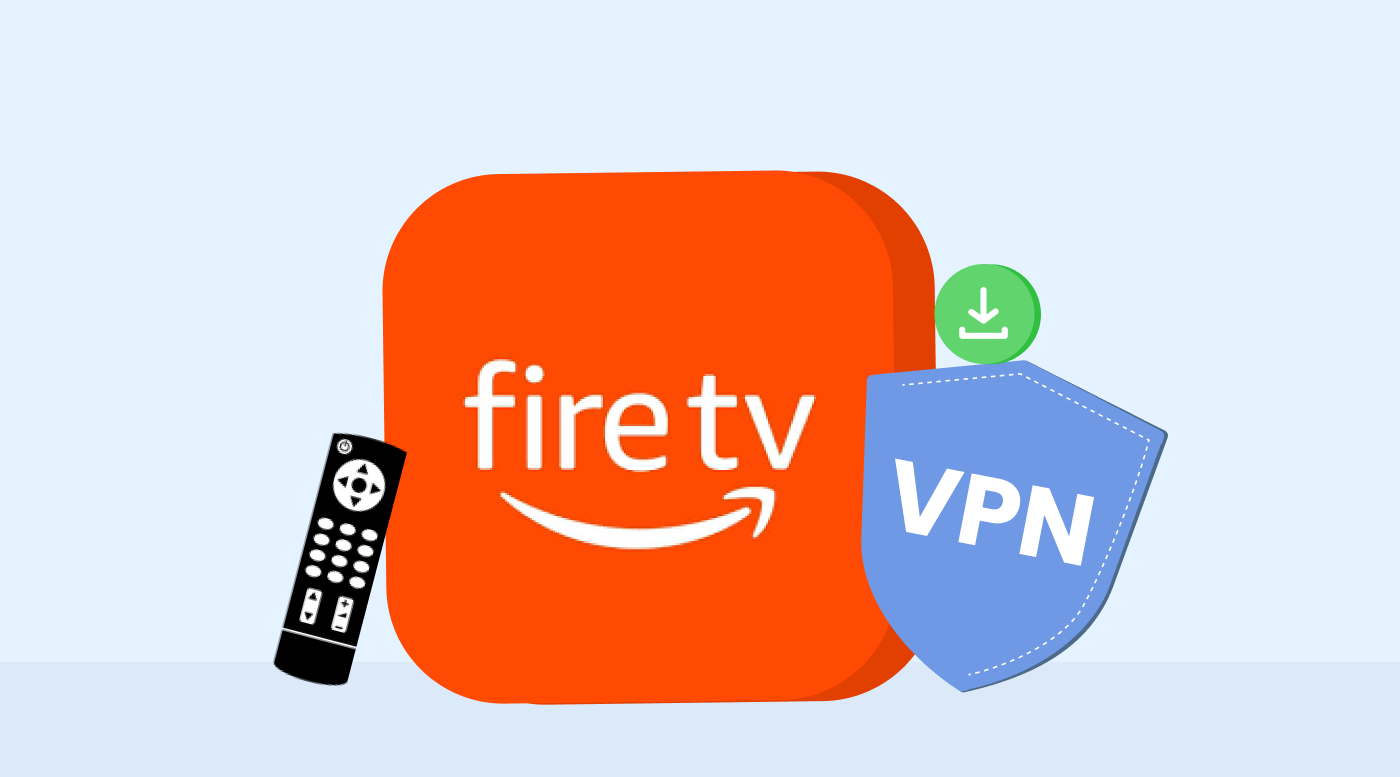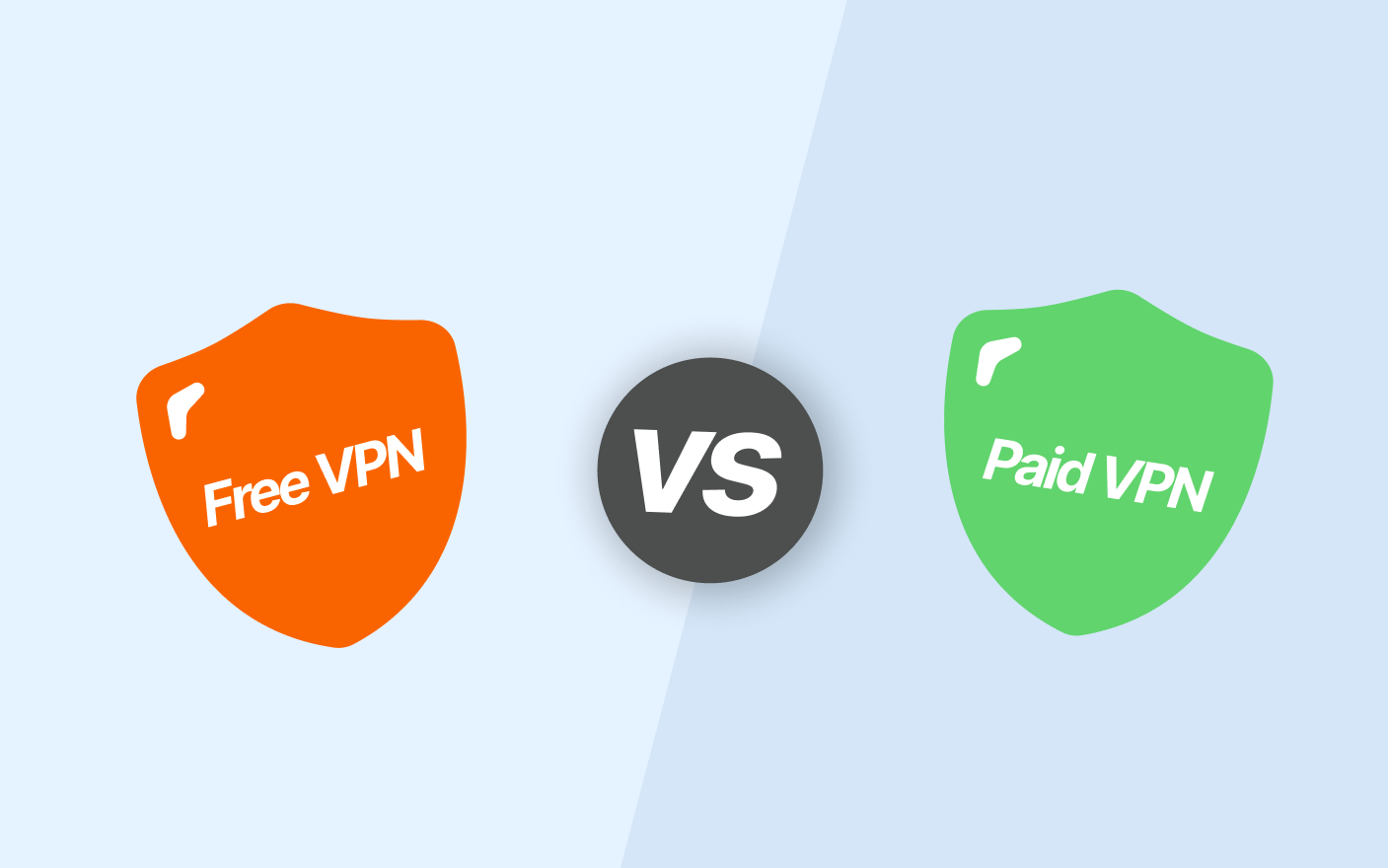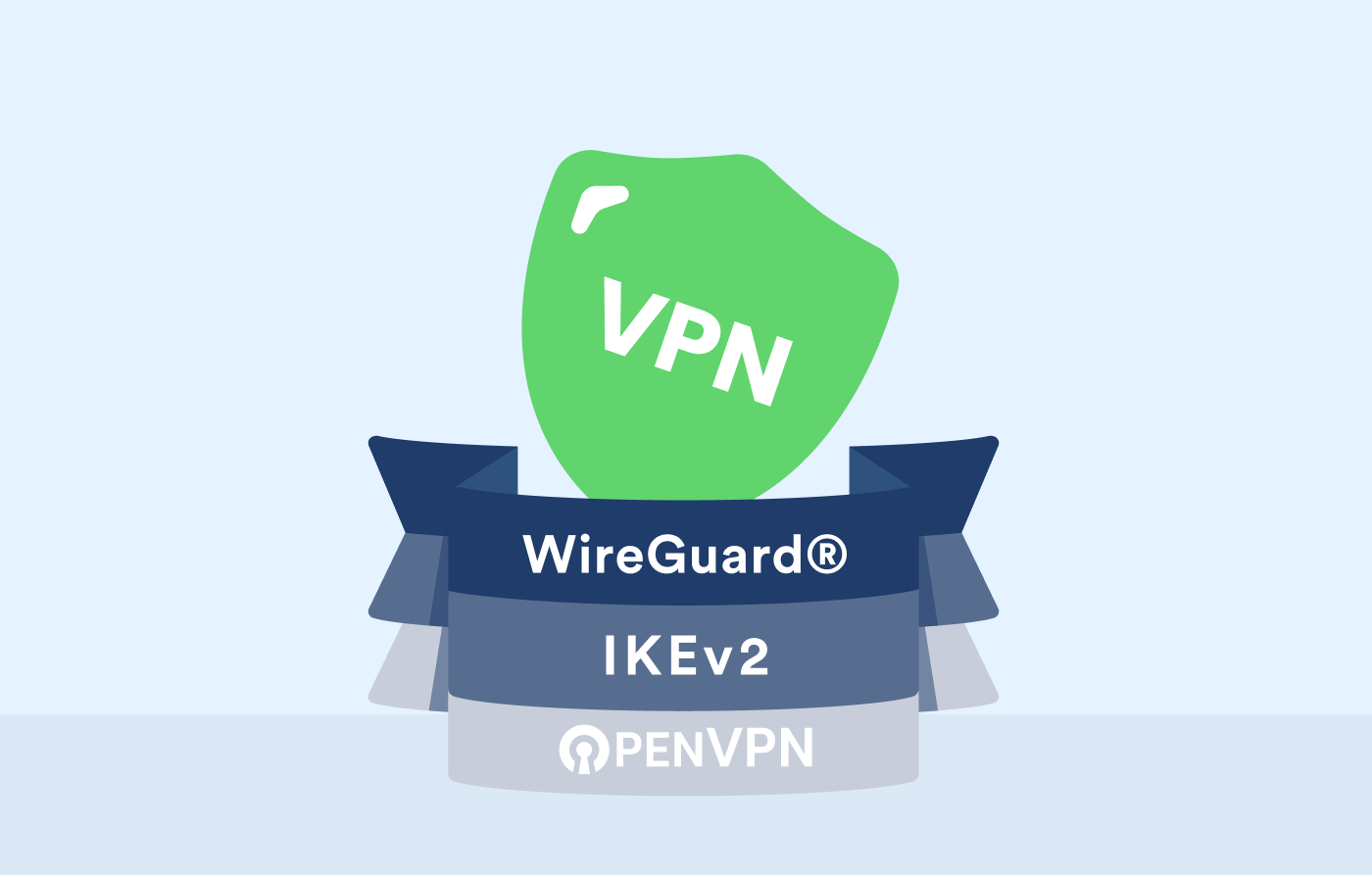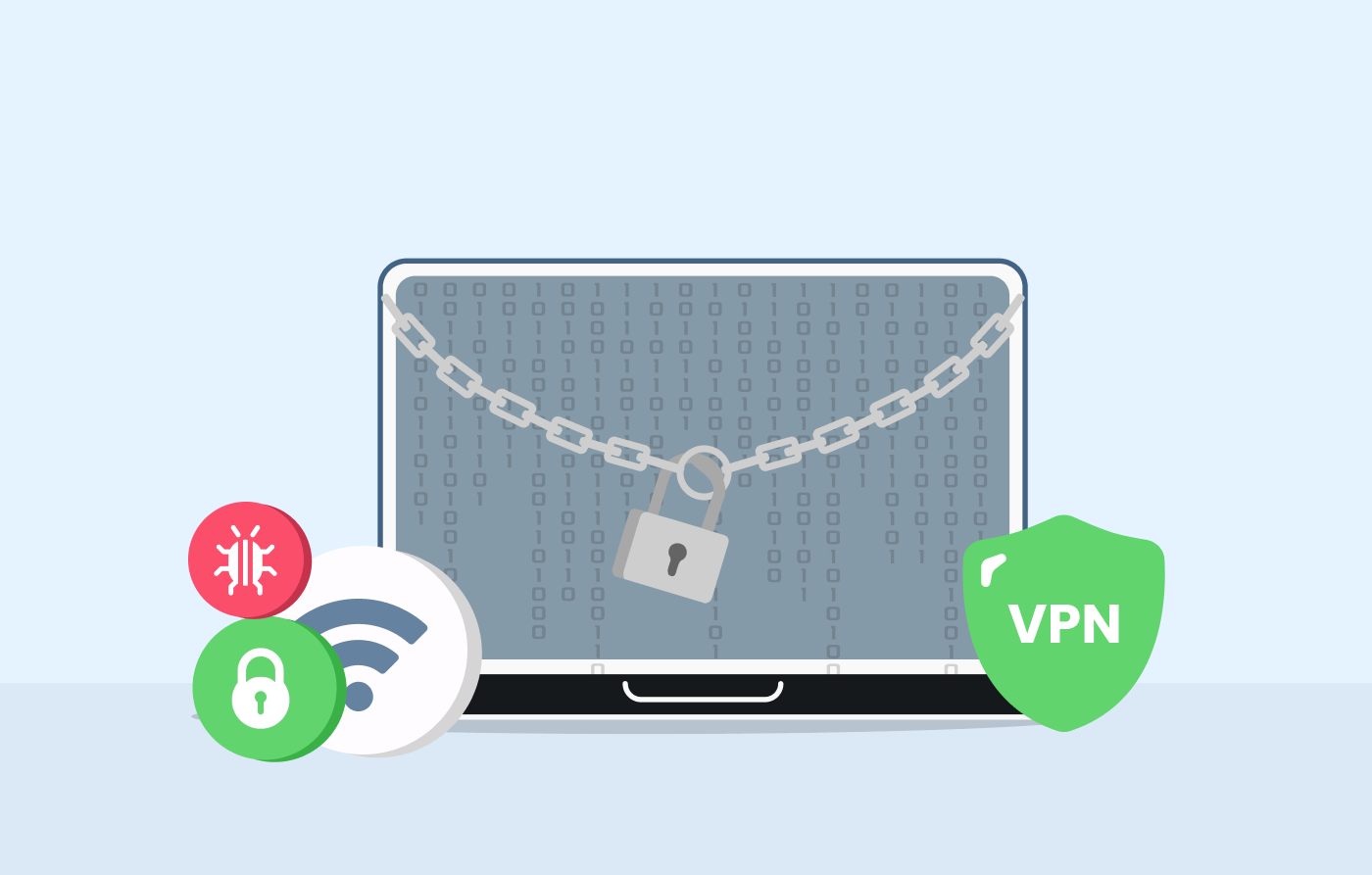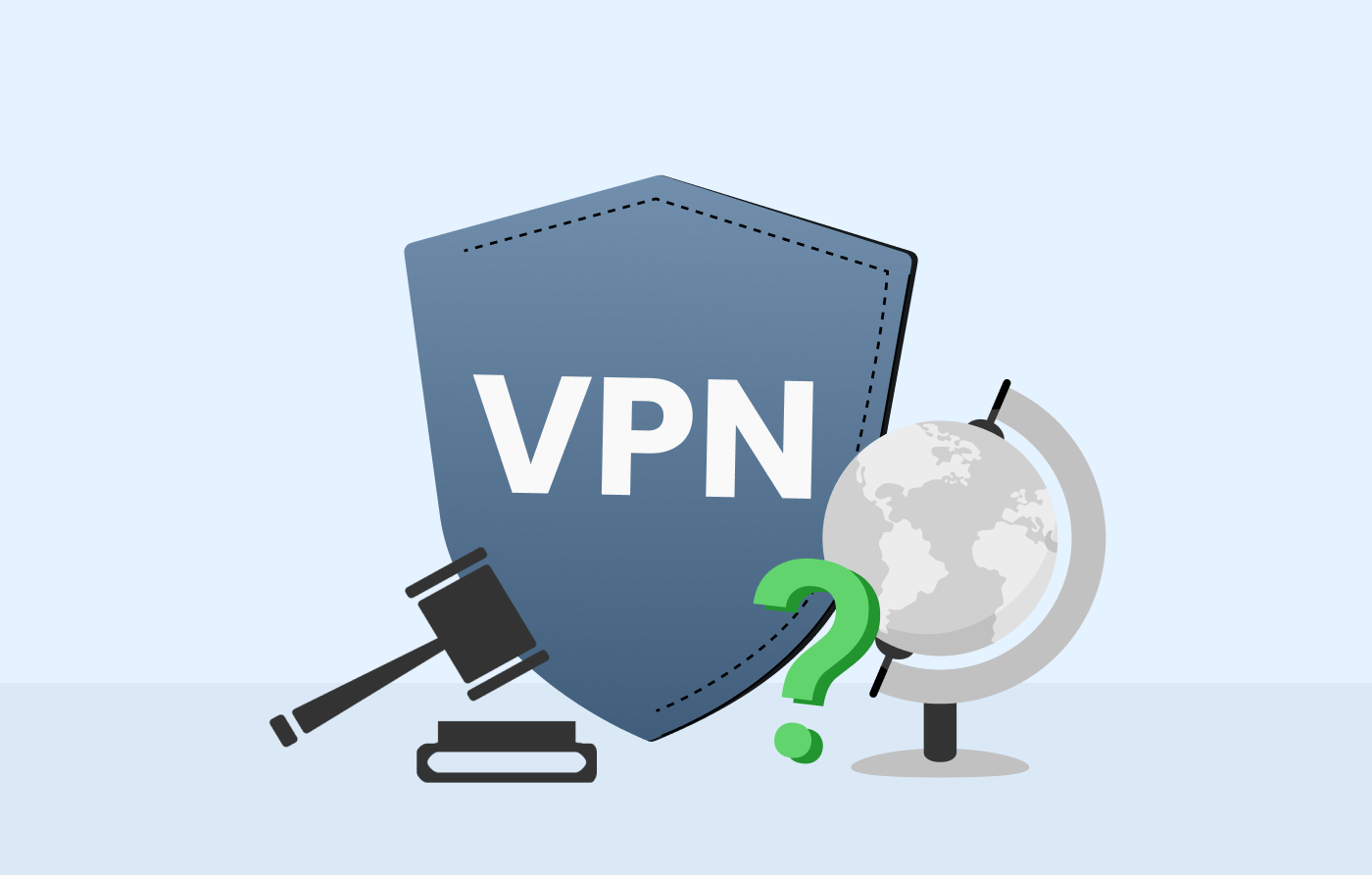-
A Virtual Private Network (VPN) is popular among people who prioritise security and privacy when using the internet.
-
There are many qualities of a reliable VPN, including a zero log policy, strong security protocols, and device compatibility.
-
Two reliable VPNs are NordVPN and ExtremeVPN to help you bypass geo-restricted platforms and access content on the internet.

A Virtual Private Network (VPN) is a service that allows users to protect their online activities when using the internet. You’re probably wondering how this tool works, so here’s the deal: A VPN hides your IP address and encrypts your internet data. This makes it impossible for third parties to monitor or intercept your internet activity.
This tool secures your internet connection, gives you a private browsing experience, keeps you hidden from prying eyes, and helps you avoid possible cyberattacks. However, there’s more to a Virtual Private Network, so keep reading to uncover how it works, its functions, and benefits.
Benefits of a VPN
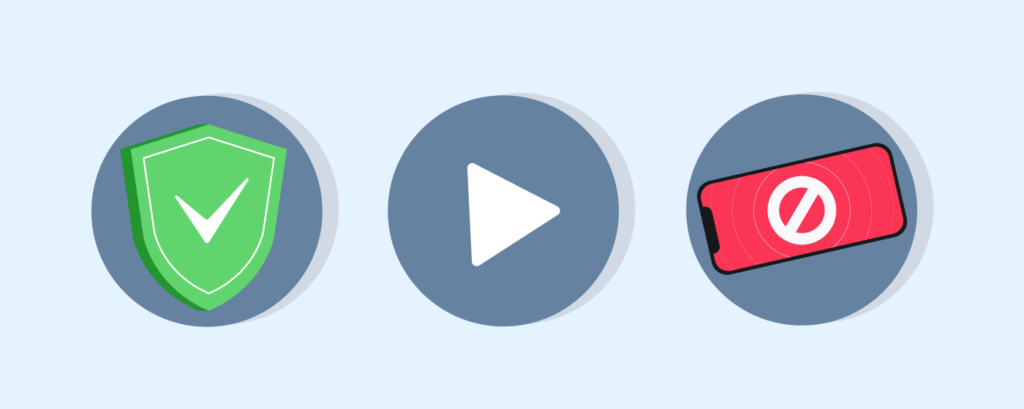
A VPN is a necessary tool to have if you use the internet often. A reliable one guarantees a secure, efficient, and easier internet experience.
Here are some advantages of using a VPN:
- Digital Security: When you use a VPN, you are safe from dangerous WiFi networks, cyber threats, packet sniffing, or man-in-the-middle attacks. Consequently, it ensures that your internet activities are secure.
- Online Privacy: A VPN helps you achieve total online privacy because it masks your IP address, hides your location and encrypts your data to make it difficult for hackers to access your data.
- Bypass Geo-restrictions: Another advantage of using a VPN is that it helps you bypass geo-blocks and online censorship to help you enjoy the internet freely.
- Share Data Securely: With a VPN, you can share your files safely because this service encrypts your data so third parties cannot see your file transfers. So, whether you’re at work or home, data sharing is secure with a VPN.
Why do people use VPNs?
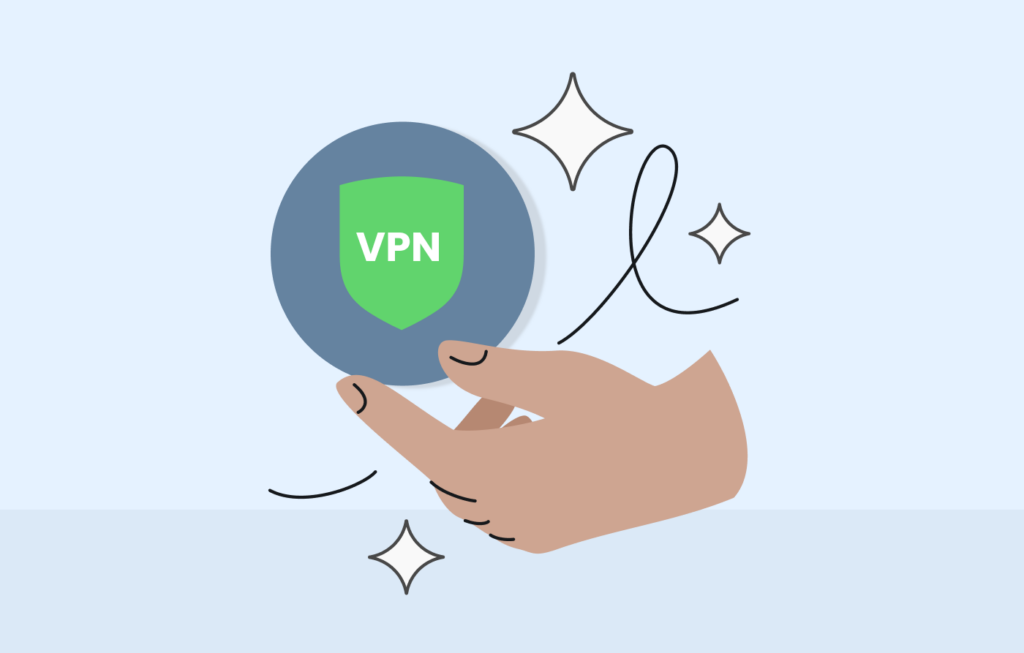
People use VPNs for many reasons, but the major one is privacy. As a result, you need a VPN to protect your online privacy, especially in these cases:
- When travelling: When you’re on the road or in another country, you may want to access information from your home. A VPN is helpful because it allows you to access content from other countries with no hassles.
- When using a public WiFi network: Using public WiFi can be risky, as hackers can easily steal your data through public connections. Therefore, you need a VPN to ensure a protected connection and a private browsing experience.
- When browsing: You need a VPN to hide your data from third parties. These include your ISP, government agencies, or marketers who can monitor and collect your data, including your messages and browsing history.
- When streaming movies/TV shows: With this tool, users can access movies that are not available in their country because it bypasses restrictions. In addition, a VPN prevents your ISP from throttling your connection.
- While shopping: They help you avoid fake websites, price targeting, and cyberattacks when shopping online. Consequently, you can shop without worries because a VPN secures your credit card details, even on public networks.
- While playing online games: A VPN protects you from bandwidth throttling and DDoS attacks while you’re gaming. So, you need this tool to enjoy a seamless online gaming experience.
How does a VPN work?
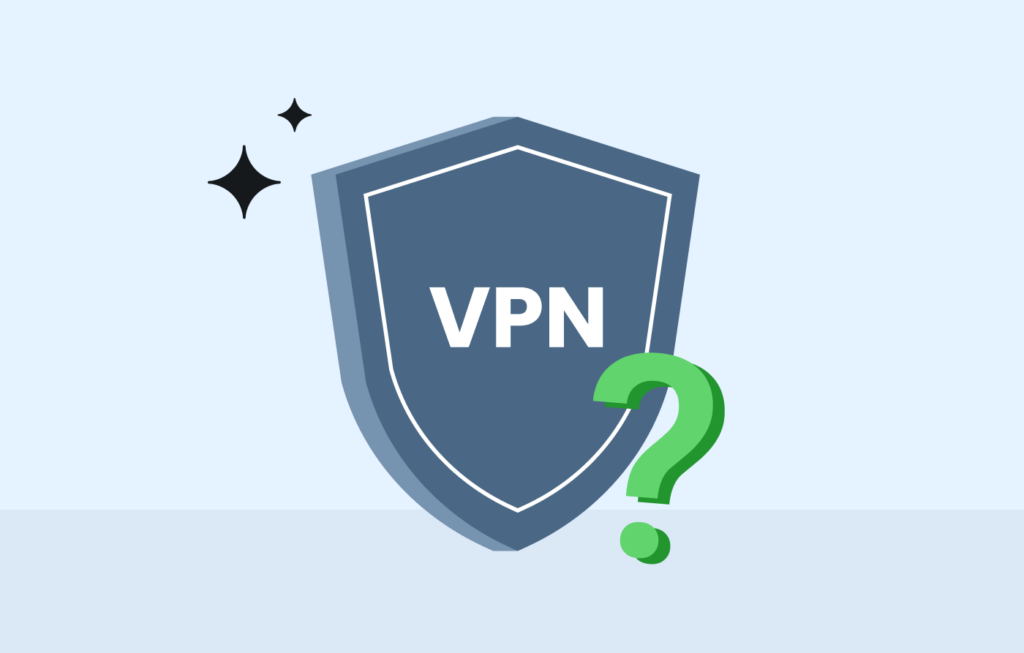
A VPN protects its users by establishing a secure encrypted connection between their device and the remote server, allowing their data to travel secretly. Here’s what happens during this process:
- When you use a VPN, a client is connected to a VPN server.
- The server then encrypts any data that you send and receive.
- The VPN creates an encrypted “tunnel” across the internet to protect any transmitted data between you and your destination.
- To keep all data packets secure, a VPN encloses them in an external packet that is encrypted through encapsulation.
- When the server receives the data, the external packet is decrypted and removed.
Types of VPN connections
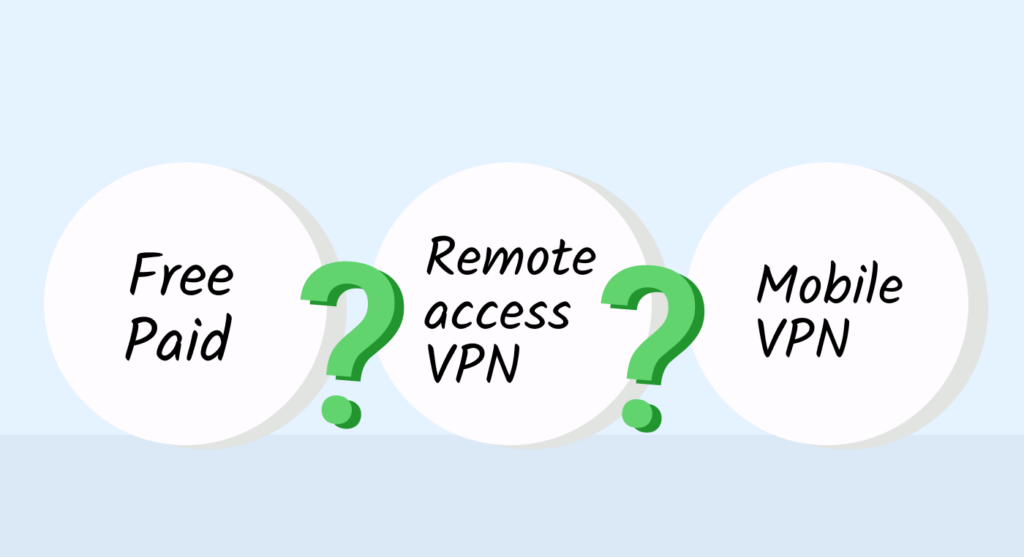
There are many types of VPNs, both free and paid versions, often used with mobile devices and computers, but most of the common ones fall into three categories including:
| Name | Type | Method of Connection | Best Use |
|---|---|---|---|
| Remote access VPN (client-to-site VPN) | Home | Connect to a third-party server or private network through SSL/TSL | Best for people who work remotely and want to access company resources and information over a private internet connection. It is also for users who want to use the public internet over a connection that is encrypted |
| Site-to-site VPN | Private | Network connects to another network through WAN or LAN | For large companies that need to connect their internal networks across several sites in different places while keeping a secure internet connection |
| VPN Apps | Mobile | Users can use a VPN app to connect to a private network on their smartphone or mobile devices | For mobile users who want to enjoy the benefits of a VPN while on the move or when facing an unreliable internet connection |
Now, let us explain these VPN types in detail:
Remote access VPN
The remote access VPN or client-to-site VPN is among users’ most popular VPN types. It allows people who are not in a company’s location to connect to the company’s network or a remote server from their device.
This VPN is easy to use. To access the network, you need only enter your authentication details to create the connection through your web browser. You can also connect to the VPN using its app or virtual desktop client, which connects to a server or network after you input your details.
A client allows its users to operate with a simple interface, switch between the VPN’s features, and provide connectivity information. This type of VPN is versatile because it can be used for work or personal use. Therefore, you don’t have to be in the office to access company information and resources.
Furthermore, a remote access VPN protects users’ private data and allows them to use the internet anonymously while avoiding firewalls, ISP tracking, and geo-restrictions.
Site-to-site VPN
A large corporation that needs a private, internal network of multiple networks within the company opts for a site-to-site VPN. This type of VPN connects all offices in a company and allows different branches to share information and resources securely.
Because of its size and complexity, this VPN is best suited for enterprise-level organisations with branches in different locations. Most importantly, the site-to-site VPN ensures private and secure communication across any company.
Additionally, this VPN has two network types, including:
- Intranet: This network type links multiple sites from the same company using the LAN connection method. An intranet network is beneficial when various departments from different locations need to work together within a closed, private network. These departments can securely and efficiently share resources by creating a site-to-site connection.
- Extranet: With an Extranet site-to-site VPN, users can link several sites from different companies using the LAN connection method. So, if an organisation often works with third parties like partners, suppliers, or vendors, this network type will be helpful to them. Companies can also determine what the other companies can access by personalising the amount of access between networks so that only specific resources are shared and others remain private.
Mobile VPN
As the name implies, a mobile VPN is strictly for smartphone users who want extra security and privacy when using their devices. This VPN offers security while protecting users’ data when there’s an unstable internet connection.
This VPN will protect your data as long as the app is active. A mobile VPN is the best choice if you’re always travelling or don’t have access to a stable internet connection.
VPN encryption protocols
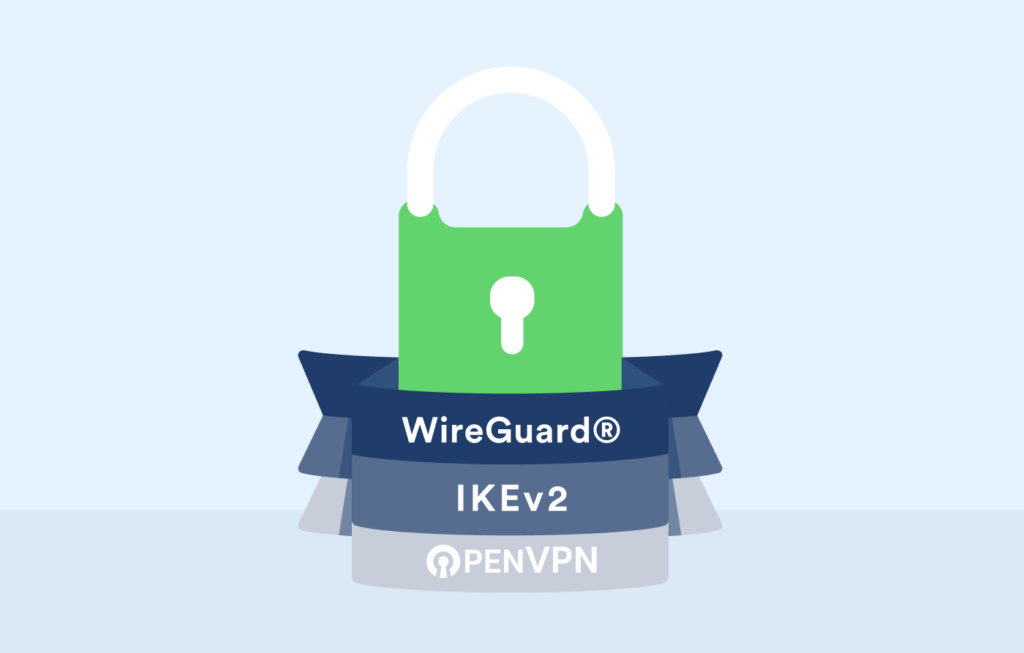
Nobody wants a weak encryption VPN because it will slow down your connection. For this reason, people opt for a VPN with two or more protocols to ensure a secure, private, and fast browsing experience.
Some of these encryption protocols include:
| Protocol | Encryption | Routing | Best Use |
|---|---|---|---|
| OpenVPN | 256-bit AES encryption using OpenSSL | SSL/TSL, TCP and UDP | Best use for all devices |
| IKEv2 / IPSec | 256-bit AES encryption | UDP | Best protocol for mobile browsing |
| SSTP | 256-bit AES encryption | SSL/TSL, TCP | Best option for Windows OS |
| L2TP / IPSec | 256-bit AES encryption | UDP | Great for a basic setup |
| WireGuard | 256-bit AES encryption | UDP | Best choice for early adopters |
| PPTP | 128-bit encryption | TCP | None. Outdated protocol |
Now, let’s look at these protocols in detail:
OpenVPN
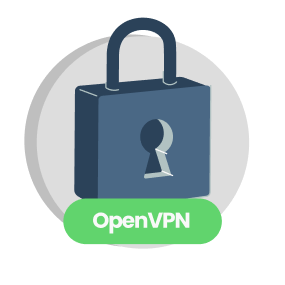
It is a very popular and widely used protocol, considered an industry standard, because of its security, flexibility, and stability. One of OpenVPN’s major advantages is its straightforward configuration. It gives you a nice balance between security and speed, as it can operate on both TCP and UDP ports.
In addition, this protocol uses 256-bit encryption, SSL/TSL tunnelling, and open-source technology, allowing anybody to inspect the source code and address any potential weaknesses. This level of transparency guarantees that your data will never be sold or distributed to third parties.
IKEv2 / IPSec
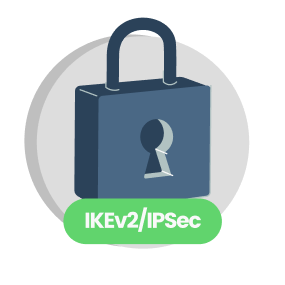
IKEv2 (Internet Key Exchange version 2) is often used with IPSec (Internet Protocol Security) to provide the best security and speed levels. IKEv2/IPSec ensures your connection remains steady even when switching between cellular data and WiFi.
As a result, it is the best protocol for smartphone users who often switch mobile networks and move between access points.
SSTP
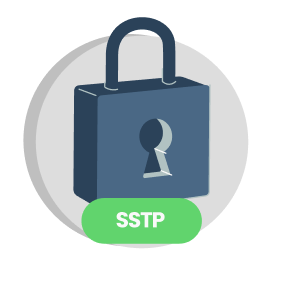
SSTP, also known as the Secure Socket Tunnelling Protocol is a standard protocol with 256-bit encryption. It is similar to OpenVPN, but it is owned by Microsoft, making it unavailable for independent audits.
However, it also uses SSL/TSL certifications for authentication and is directly built into the Windows operating system and supported by Microsoft, making it the ideal choice for Windows users.
L2TP / IPSec
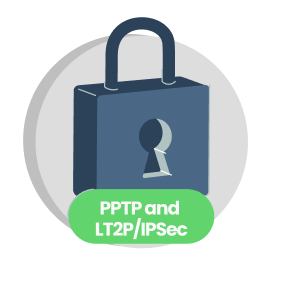
The Layer 2 Tunnelling Protocol (L2TP) is a protocol for sending data from one device to another. It is often paired with IPSec (Internet Protocol Security) and is very secure, but it can be quite slow because data is encapsulated twice.
Additionally, this protocol is directly built into the Windows operating system, like SSTP and is quite simple to configure. However, many VPN providers no longer offer this protocol because better alternatives exist.
WireGuard

WireGuard is a relatively new technology that is fast gaining attention in the VPN industry. It has a smaller codebase, more current encryption technology, and improved mobile compatibility.
This protocol is also an open-source project, similar to OpenVPN, which means that anybody can inspect the source code, report errors, and hold providers accountable.
PPTP
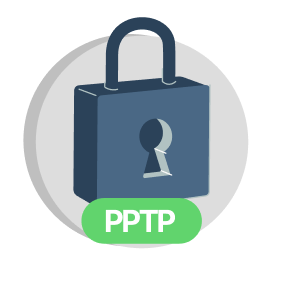
PPTP, short for Point-to-Point Tunnelling Protocol, was the original forerunner to L2TP and has since become outdated. Some free VPNs may still use PPTP because it is easy to set up and does not require additional software, but it has many security weaknesses.
That’s why this protocol is not a reliable alternative for a secure internet experience.
What does a good VPN do, and how to choose one?
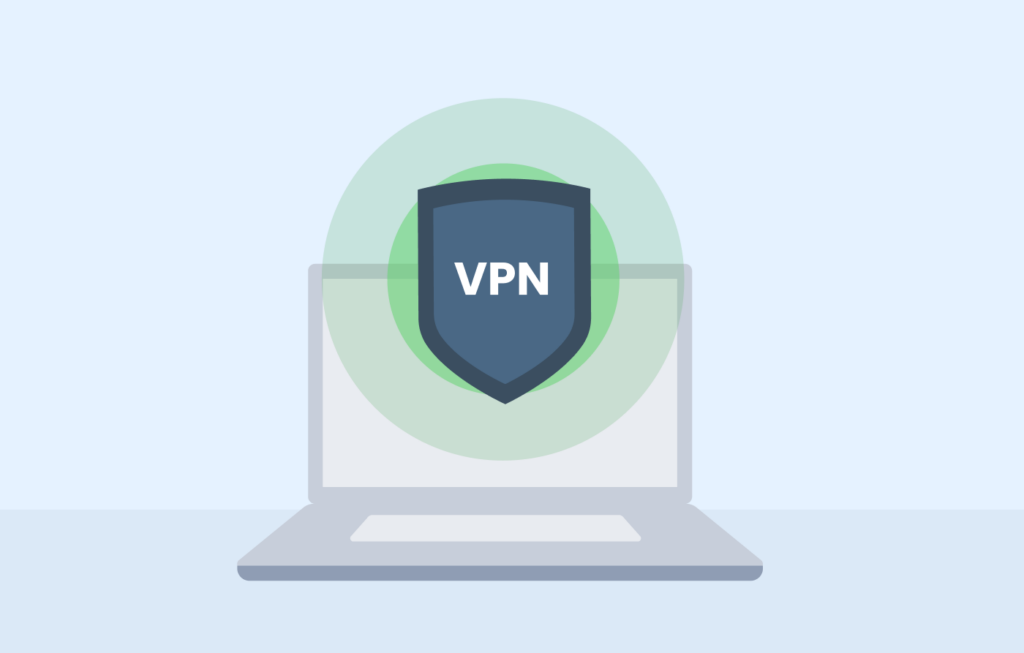
Since we’ve highlighted the benefits and uses of a VPN, you know what to expect. The next step is to choose a reliable VPN provider that suits your needs, but it can be challenging because of the many available options.
Below are the quality features you should look for when selecting the best VPN:
IP address protection
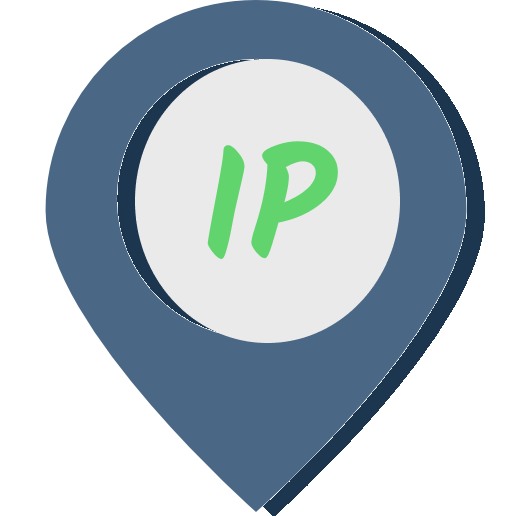
A reliable Virtual Private Network can mask your IP address to protect you online. Consequently, you should keep an eye out for a VPN that allows you to reroute your IP and switch servers.
With a shared IP address, multiple users are grouped under one IP to protect them within a crowd. On the other hand, being able to switch servers helps you choose different server locations.
Strong security protocols
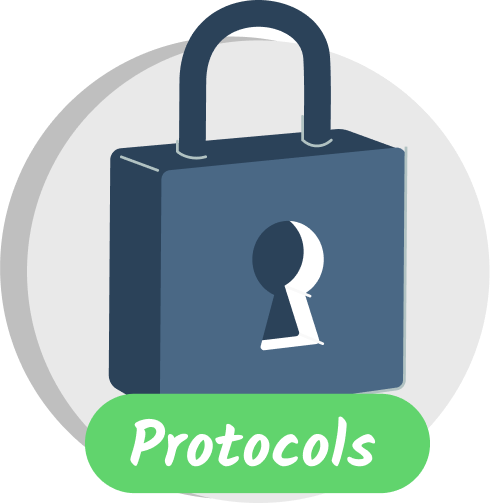
A major feature of any VPN service is strong internet security, so choose one that comes with 256-bit encryption. This encryption is often used by the military and banks. However, some VPN protocols like L2TP/IPSec have limitations and it would also be wise to avoid VPNs with very old protocols like PPTP.
Instead, watch for those with OpenVPN, IKEv2/IPSec, SSTP, or WireGuard for optimal security. Top VPN providers allow users to access and switch between various protocols depending on the use case.
Zero-log policy

When a VPN company has a zero-log or no-log policy, it means that the service is transparent about its logging policy. As a result, it will record your email address and payment details but will not store any data you send or receive while you’re safely connected.
Some data reliable VPNs should not store include connection logs, session data, usage logs, and your IP address. You know you’ve chosen a good VPN when it operates on a no-log policy because you’re guaranteed total privacy.
A range of servers across various locations
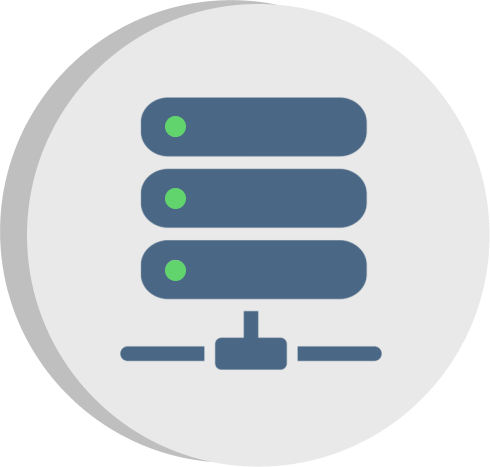
If your VPN provider only runs a certain number of servers in selected locations, you may experience a decrease in performance. Using a VPN that has several servers in far and near locations, including those closest to you, allows your data to travel a shorter distance, enhancing speed.
This means that if a VPN has more servers worldwide, users will be widely spread out, and the internet performance will be faster. If you want to switch to an IP address from a certain location, ensure your provider has a server there that supports your preferred protocol.
Device compatibility

A useful quality to look out for when selecting a VPN service is its device compatibility. For example, it can be risky to use your mobile device with an unprotected mobile network. If you want a safe mobile experience, look for a VPN service that works with your device.
The selected VPN should be able to switch to the IKEv2/IPSec protocol while roaming so that your connection remains secure, even when switching from public Wi-Fi to cellular data.
Kill switch feature

The kill switch feature is necessary for a good VPN because it protects your privacy and helps you avoid security risks. If your internet connection drops unexpectedly, your computer will revert to your real IP address and compromise your identity.
Thankfully, a kill switch prevents this by disconnecting your internet connection as soon as your VPN connection is interrupted.
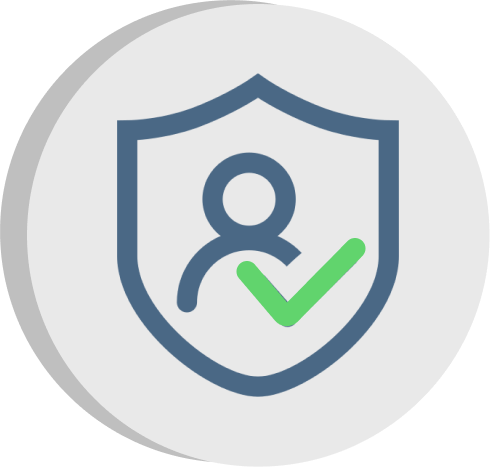
Authentication options
It is vital to a successful connection to a VPN server. This process involves entering your details into a login page or desktop client, although it is best to consider additional authentication solutions.
Premium pricing

Premium VPNs will always win over free VPNs because they do not put users at risk. When you choose a paid VPN service, you’re choosing a legitimate and reliable company supported by top-tier technology.
A paid VPN is also less likely to monitor your activity and sell them. While you may need to pay for a monthly subscription, the benefits of a secure and private connection will give you value for your money.

Customer support
A reliable VPN provider must have a support team that users can communicate with if they have any issues. This support team should be helpful, knowledgeable, and easily accessible, preferably 24/7.
Setting up a VPN connection
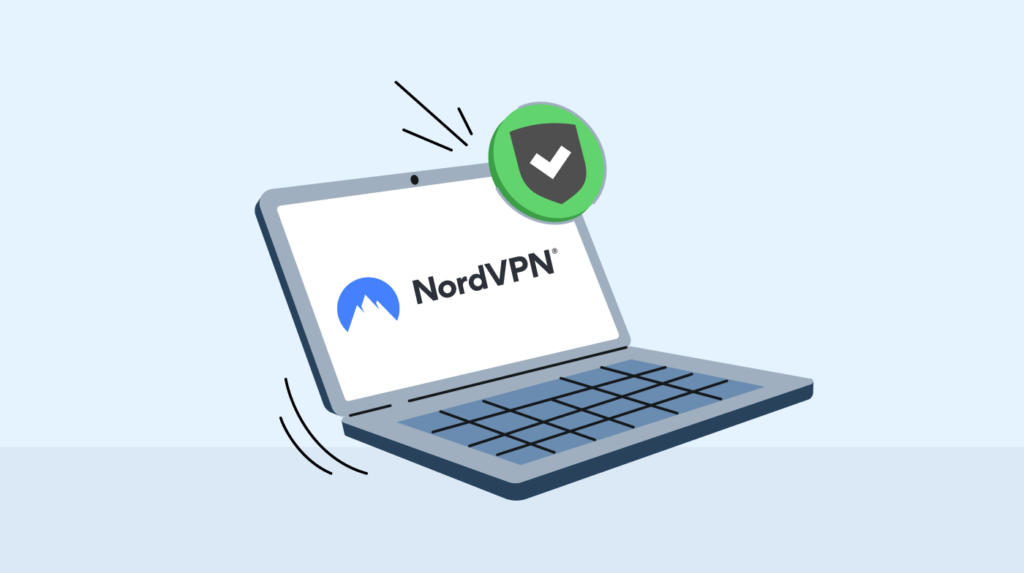
Setting up a VPN is an easy process if you follow the right steps. So, follow these steps below for a quick guide on how to set up a VPN on your device:
- Subscribe to a high-quality VPN service like NordVPN.
- Download and install the VPN application on your device.
- Open the servers list and connect to a preferred country’s server, like the US.
- Open the browser and enjoy secure browsing.
How secure is a VPN?
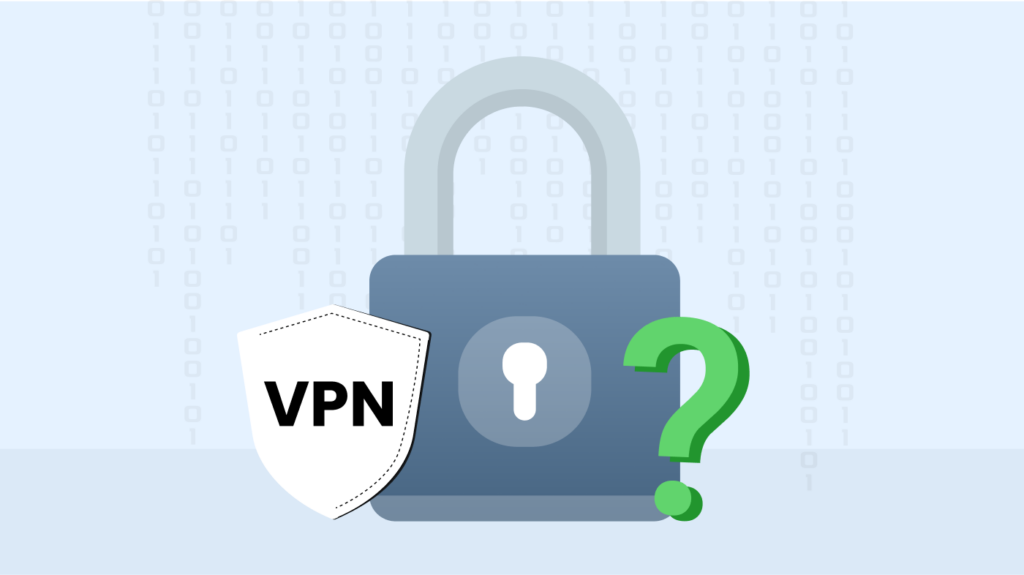
One thing to remember about Virtual Private Networks is that they cannot guarantee 100% security. For example, they do not protect you from viruses, and while VPNs can stop advertisers from using your cookies to target ads, they cannot get rid of the cookies.
In addition, security issues and bugs may put your system at risk, which is why it is necessary to update your software regularly. There is also the risk of unreliable VPN providers who store your browsing data and use it to sell ads to you.
That’s not all; while top-notch VPN companies use the most advanced encryption protocols and IP masking, third parties like your ISP find new ways to break through the security.
However, regardless of these security issues, a VPN is still the best option for a safe and flexible online experience. So, if you want to ensure adequate privacy and security when online, a high-quality VPN is necessary.
How do VPNs help with identity theft?
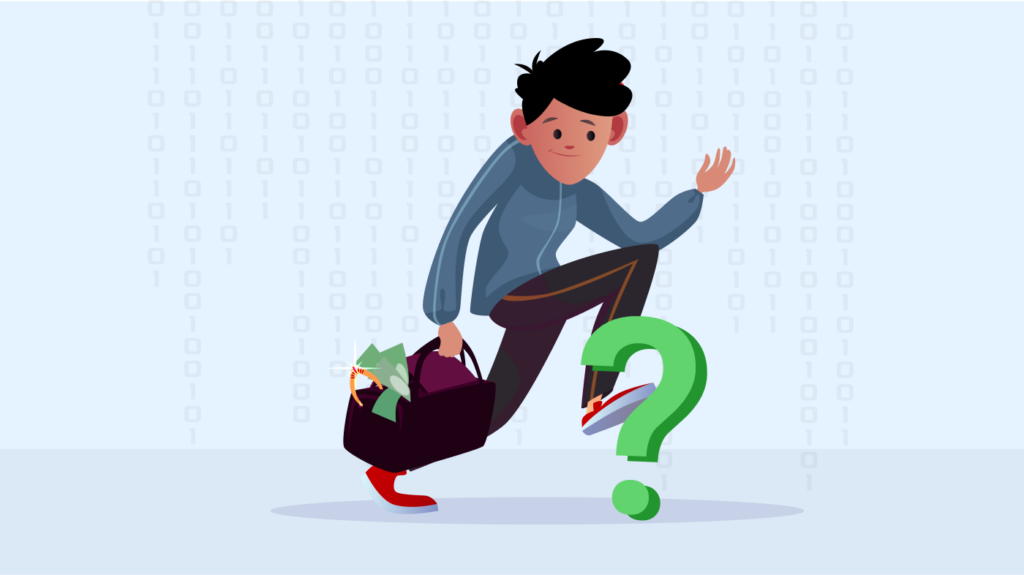
Identity theft is an issue that is currently on the rise, with different cases every other day. It happens when a hacker steals your personal information and uses it for fraudulent activities. Some of these practices include accessing your bank account, charging your credit cards, using your insurance, or even taking out a lease.
The worst part of this crime is that it affects everyone, from people in corporate environments, where information can be stolen from a database, to unsuspecting people. Since many public places, like airports and cafes, offer free WiFi to users, many people risk having their identities stolen.
The honest truth is that it won’t be possible to completely end data breaches, but a VPN service can protect users from online identity theft.
In addition, a VPN masks your IP address so that no one else can track your location or trace your online identity, making it impossible for hackers to use your details. Consequently, a VPN guarantees maximum protection against identity theft and cyberattacks.
The legality of VPNs
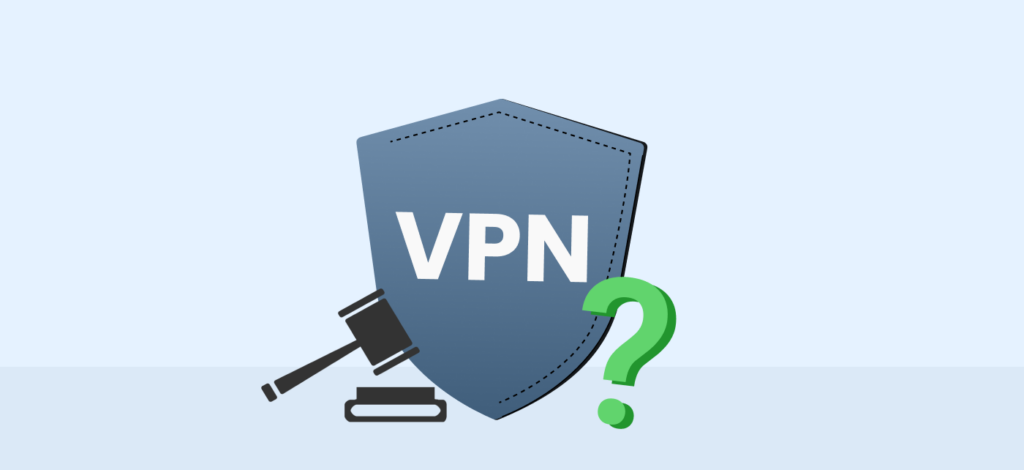
A popular question among VPN users is, “Are VPNs legal?” The simple answer is that a VPN’s legality strongly depends on the country you reside in. For example, VPNs are legal in most countries worldwide, including the United States, Canada, and most of Europe. This means that no federal laws restrict users from enjoying the benefits of this service.
However, VPNs are banned in certain countries, including Iraq and North Korea. If you are caught using a VPN in these regions, you may risk heavy fines or even imprisonment. So, before using a VPN service, ensure that you’re aware of the country’s laws to avoid any issues.
What is the best VPN to get?

The best VPN to get depends on your needs and preferences. As long as they have the features we highlighted above, they should contribute to a secure internet experience. However, our top VPN choices are NordVPN and ExtremeVPN.
NordVPN
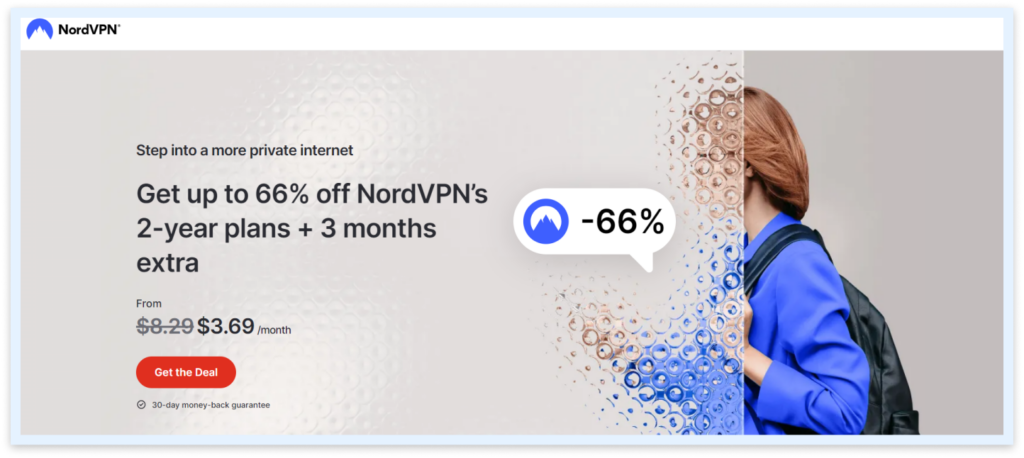
NordVPN is a reliable service with a large server network of over 7,400 servers in 118 countries. It features several protocols like OpenVPN and NordLynx, which guarantee maximum internet security. In addition, it is compatible with several devices and allows users to connect up to 10 devices simultaneously.
ExtremeVPN
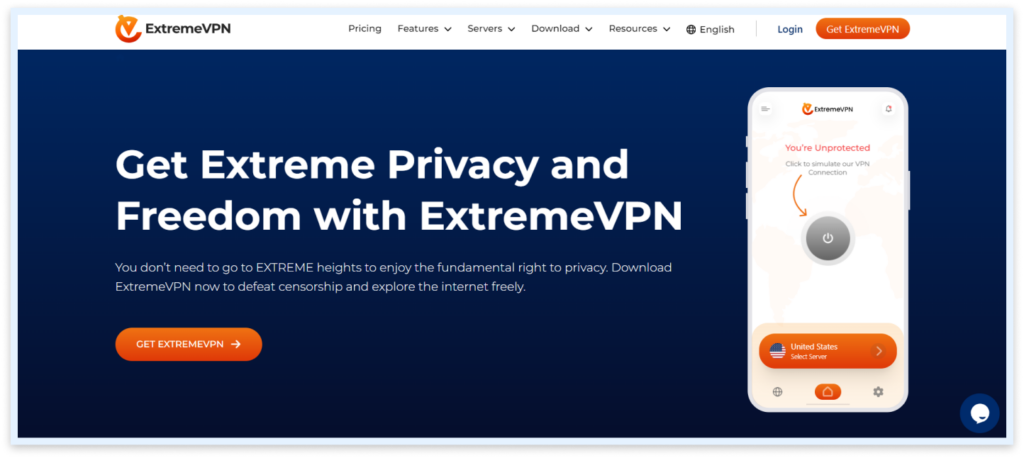
ExtremeVPN is a user-friendly open-source VPN provider that prioritises internet security. This service uses SSL/TLS encryption to ensure a secure connection which ensures that firewalls and hackers stand no chance against it. It is also compatible with a wide range of devices, including Windows, Linux, MacOS, and mobile devices.
Conclusion
A VPN like NordVPN is a reliable tool that guarantees online protection. We have comprehensively explained how this service works and the benefits you stand to gain from it. Remember to choose a service with excellent qualities that suits your or your organization’s privacy needs.
FAQs
A VPN protects you from cyber threats, including hackers and malicious websites. It also protects your online activities from third parties who may want to monitor your data, government surveillance, identity theft, and unauthorised access to sensitive accounts.
You can use a VPN anytime, especially when you’re using public WiFi or trying to access geo-restricted content. You can also leave your VPN continuously for continuous online security coverage. However, constant VPN use can slow down your internet connection.
A VPN usually costs between $3 and $10 monthly, depending on the length of the subscription and the features included. Note that longer-term plans often provide the best value.
No. When you use a reliable VPN, you are guaranteed protection against tracking from your ISP and from cybercriminals. A VPN ensures this by routing your connection to a remote VPN server to hide your location and IP address.

